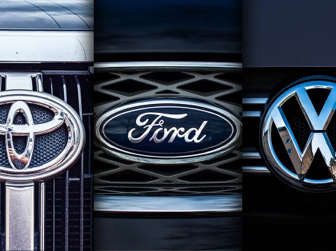Ford South Africa has issued a recall for Ford Ranger bakkies made between September 2014 to August 2018, citing a problem with the brakes as a reason for the recall.
In a statement released by the Ford South Africa, the automaker said the Ford Ranger recall was for models built at the FMCSA Silverton Assembly Plant, to replace two specific brake hoses for the front left and front right brakes. The current configuration of the hoses in these Ford Ranger models is causing continual stress which over time could lead to failure of the hose material. Dealers will replace the Front Brake Hoses at no cost to the consumer.
If your car might be affected, call Ford on 0860 011 022 or email CRC3@ford.com. You can also contact your nearest Ford dealer for more information.
A vehicle recall happens when a manufacturer picks up a deficiency with the vehicle. Although sometimes stressful and inconvenient for car owners, vehicle recalls are fairly common in South Africa and the rest of the world. It’s not surprising when you consider that cars have become complicated machines with so many electronics, systems, sensors and components.
In most cases, car manufacturers will offer a vehicle recall as soon as they detect a problem. Recalls are not part of the warranty and a recall can be issued many years after the vehicle was built. When a defect is detected, vehicle manufacturers usually act swiftly to repair the issue, rather than waiting for a specific service interval. Recalls are often related to anything that could result in the vehicle losing control, key components that fail to operate properly, problems that may result in fire or safety aspects that could cause injury to the driver or bystanders.
The Ford Ranger recall, or any vehicle recall, should not impact your insurance because it’s the vehicle manufacturer’s responsibility to carry out the repairs and to ensure the issue is resolved. However, if the recall results in an issue that is not fixable and could be a risk to your safety, your insurance premiums could be impacted if you continue to drive your vehicle. This doesn’t necessary mean they will increase – in fact, if your car’s value is negatively impacted your insurance premiums might just decrease!
Four signs it's time to buy a new car
Top tips on how to entertain kids on long car rides


